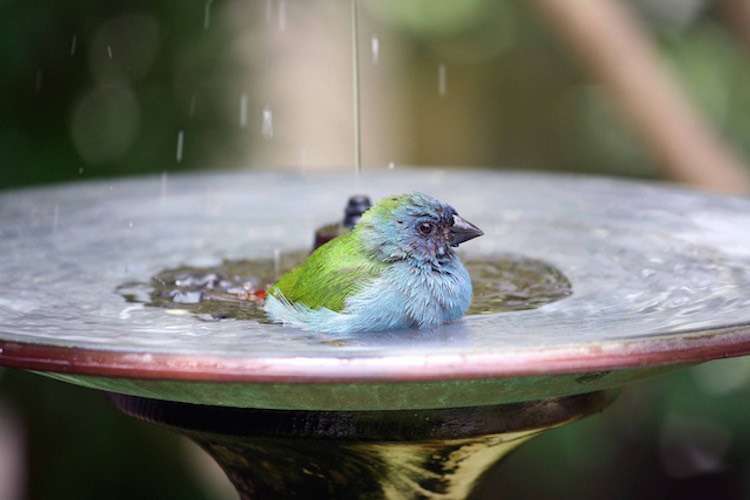Cheetahs to Enter Olympics?
Oscar Pistorius will become the first amputee runner in the Olympic Games of 2008 wearing a pair of j-shaped prosthesis that makes him The Fastest Thing on No Legs.

Ever wanted to know how many species of birds live on the island of Crete? Or perhaps how many species of animals live in your own home state? Thanks to an ambitious global biodiversity initiative led by groups like the MacArthur Foundation, Smithsonian, and Harvard, the answers to these questions could literally be at your fingertips within the next few years with a new online encyclopedia that promises to catalog all life on Earth.
Consider this: there are 1.8 million known species of plants, animals and other forms of life and this encyclopedia will catalog them all and continue to grow as additional species are discovered placing all of the information in one place. Scientists around the globe have been cataloging life for 250 years in traditional encyclopedias and texts. Gaining access to all of them at present is essentially impossible. The Encyclopedia of Life will change this. Similar to Wikipedia, the Encyclopedia of Life will allow users to add information and details, such as species sightings and photos; however all content will be authenticated by scientists.
$12.5 million in grants have already been provided by the John D. and Catherine T. MacArthur Foundation and the Alfred P. Sloan Foundation with a total of $50 million pledged from various sources.
Access to information will be the key however and copyrights may present a problem. At present, the Biodiversity Heritage Library, one of the partners, is planning to provide a collection of works, totaling 25 million pages, published prior to 1923 as these works are outside of copyright restrictions. Efforts are underway to gather more recent scientific publications however whether all for profit publishers will permit free access to their works in unclear implying that some information may have to be purchased by the user in order to be viewed. Ultimately, the project's designers say that they want all of the information to be available for free.
This project isn't exactly unique, however. Another project called the Tree of Life Web Project is already well underway as a collaborative effort from biologists around the world. Begun officially in 1994, the project has had to exist on much smaller sums of money than the encyclopedia of life has secured (thousands versus millions of dollars) funded by the U. S. National Science Foundation and the University of Arizona. The primary difference between the two endeavors, is that the Tree of Life focuses both the branches and leaves of the tree. The branches represent the connections between species, their genetic lineages and the leaves represent the species themselves. The encyclopedia of life will focus exclusively on the species (leaves) suggesting that the Tree of Life Web Project may be more useful for scientific studies involving the genetic linkages between species. The organizers of both projects have arranged for the Tree of Life to be an essential partner for the Encyclopedia of Life. Both projects will result in tremendous benefits to the population of the planet giving us the ability to understand the life around us in ways we never thought possible.
Visit the Encyclopedia of Life online at www.eol.org.
(CC Photo by Andrea Oconnell)
Michael Little works in analytical chemistry and has almost 20 years experience in the research based pharmaceutical industry. Michael resides in Laval, Quebec, with his wife and three children. Michael has written occasional science articles for WS since 2007.
Be the first to comment